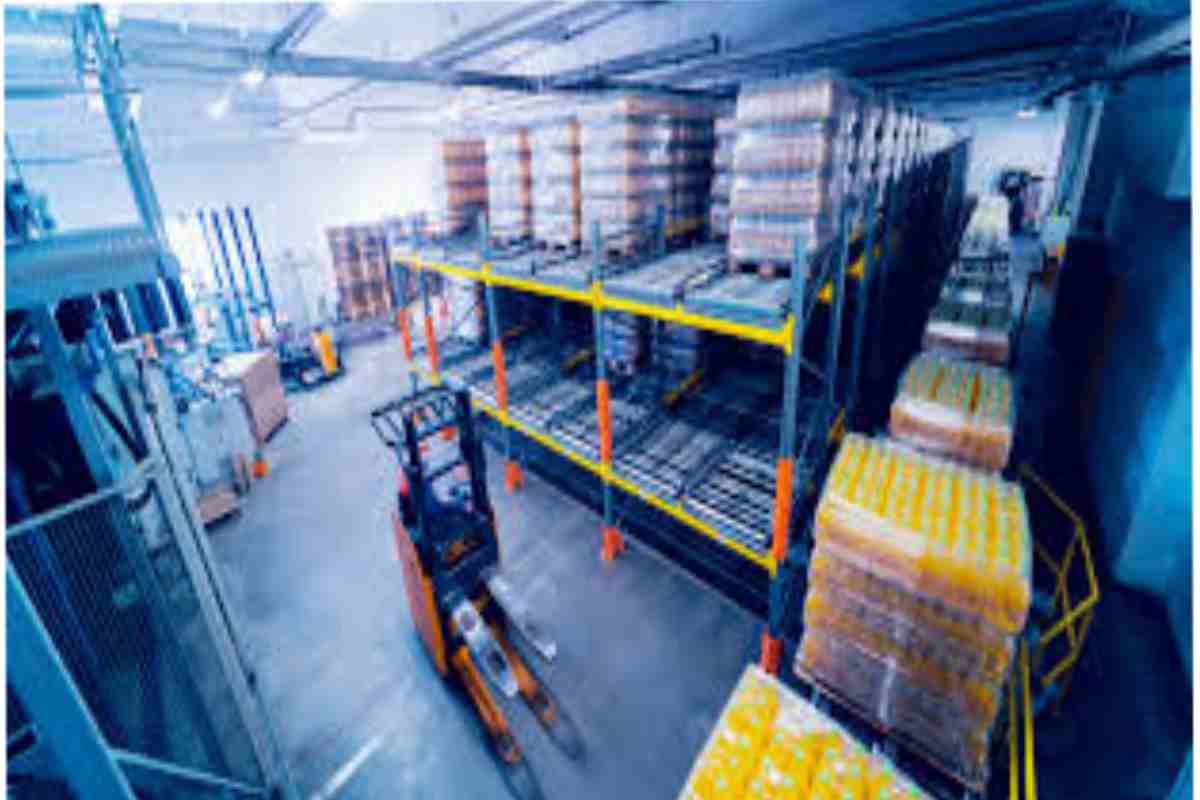In the highly competitive beverage industry, efficient transport plays a critical role in maintaining product quality, meeting customer demands, and ensuring business success. From getting raw materials to production facilities to delivering the final product to retailers or directly to consumers, the entire process hinges on smooth and reliable logistics. Here’s how efficient transport drives success in the beverage industry and what businesses can do to optimize their operations.
Table of Contents
Maintaining Product Freshness and Quality
One of the biggest challenges in the beverage industry is maintaining the freshness and quality of products during transportation. Beverages, especially those like juices, dairy drinks, and craft beers, are often perishable and sensitive to temperature fluctuations. Any delay or disruption in the transport chain can result in spoiled goods, leading to significant financial losses and damaged reputations.
To combat this, it’s essential for beverage companies to invest in temperature-controlled transportation, also known as cold chain logistics. Proper refrigeration systems help ensure that products remain at the right temperature throughout the supply chain, preserving their taste, texture, and safety. Efficient transport systems that minimize delays also help prevent temperature deviations, reducing the risk of spoilage.
Timely Deliveries for Customer Satisfaction
Timeliness is crucial in the beverage industry. Whether it’s restocking stores, supplying bars and restaurants, or fulfilling direct-to-consumer orders, timely deliveries can make a significant impact on customer satisfaction. Late deliveries not only disrupt business operations for retailers but can also result in lost sales and negative customer experiences.
By optimizing transportation routes, using real-time tracking, and employing reliable logistics partners, beverage companies can ensure that deliveries are made on time. This reliability helps strengthen relationships with clients and builds consumer trust. Advanced logistics platforms that offer live tracking can also provide customers with accurate delivery updates, enhancing the overall experience.
Using services like Shiply shipping services can also provide added flexibility and efficiency. With a network of reliable carriers, these services allow beverage companies to transport their products securely and efficiently, ensuring timely deliveries without compromising quality.
Reducing Costs and Increasing Efficiency
Efficient transport doesn’t just affect quality and customer satisfaction; it also has a direct impact on a company’s bottom line. In the beverage industry, where margins can be tight, reducing transportation costs is key to maximizing profitability. By optimizing routes, consolidating shipments, and reducing fuel consumption, beverage companies can lower their operational costs while still maintaining efficient delivery schedules.
Adopting technologies such as route optimization software, GPS tracking, and automated inventory management can also help streamline logistics processes. These tools provide real-time data that allow companies to make informed decisions about shipping schedules, vehicle utilization, and fuel consumption, ensuring that deliveries are both cost-effective and environmentally friendly.
Navigating Complex Supply Chains
Beverage production and distribution often involve complex supply chains that span across different regions or even countries. Ingredients like water, sugar, flavorings, and packaging materials must be sourced from various suppliers before the final product is shipped out to retailers or consumers. Efficient transport is crucial in ensuring that each step of the supply chain operates smoothly and without delays.
Working with trusted transportation partners is essential for managing these complex logistics. Beverage companies must collaborate with carriers that understand the specific needs of their products, including temperature sensitivity, fragility, and regulatory requirements. Moreover, having backup transportation plans in place can help mitigate the risks of delays, breakdowns, or other unforeseen issues.
The Importance of Sustainability
As environmental concerns continue to grow, beverage companies are increasingly focusing on sustainability in their transportation operations. Efficient transport not only reduces costs but also helps companies minimize their environmental impact by lowering carbon emissions and reducing fuel consumption. Implementing eco-friendly transportation strategies, such as using electric or hybrid vehicles, optimizing delivery routes, and partnering with logistics companies that prioritize sustainability, can significantly reduce a company’s carbon footprint.
Sustainable transport solutions also appeal to environmentally conscious consumers who are more likely to support brands that demonstrate a commitment to reducing their environmental impact. By incorporating green logistics into their operations, beverage companies can both improve their brand image and contribute to broader environmental goals.
Embracing Technological Innovations
The future of transportation in the beverage industry is being shaped by technological advancements. From autonomous vehicles to drone deliveries, innovative transport solutions are transforming the way products move through the supply chain. While these technologies are still emerging, beverage companies that stay ahead of the curve and invest in the latest logistics innovations will be well-positioned to maintain a competitive edge.
For instance, real-time data tracking and blockchain technology can enhance transparency and traceability in the supply chain, ensuring that beverages are delivered efficiently and safely. Automated vehicles and drones, while still in the early stages of adoption, offer the potential to revolutionize delivery speeds and reduce labor costs.

